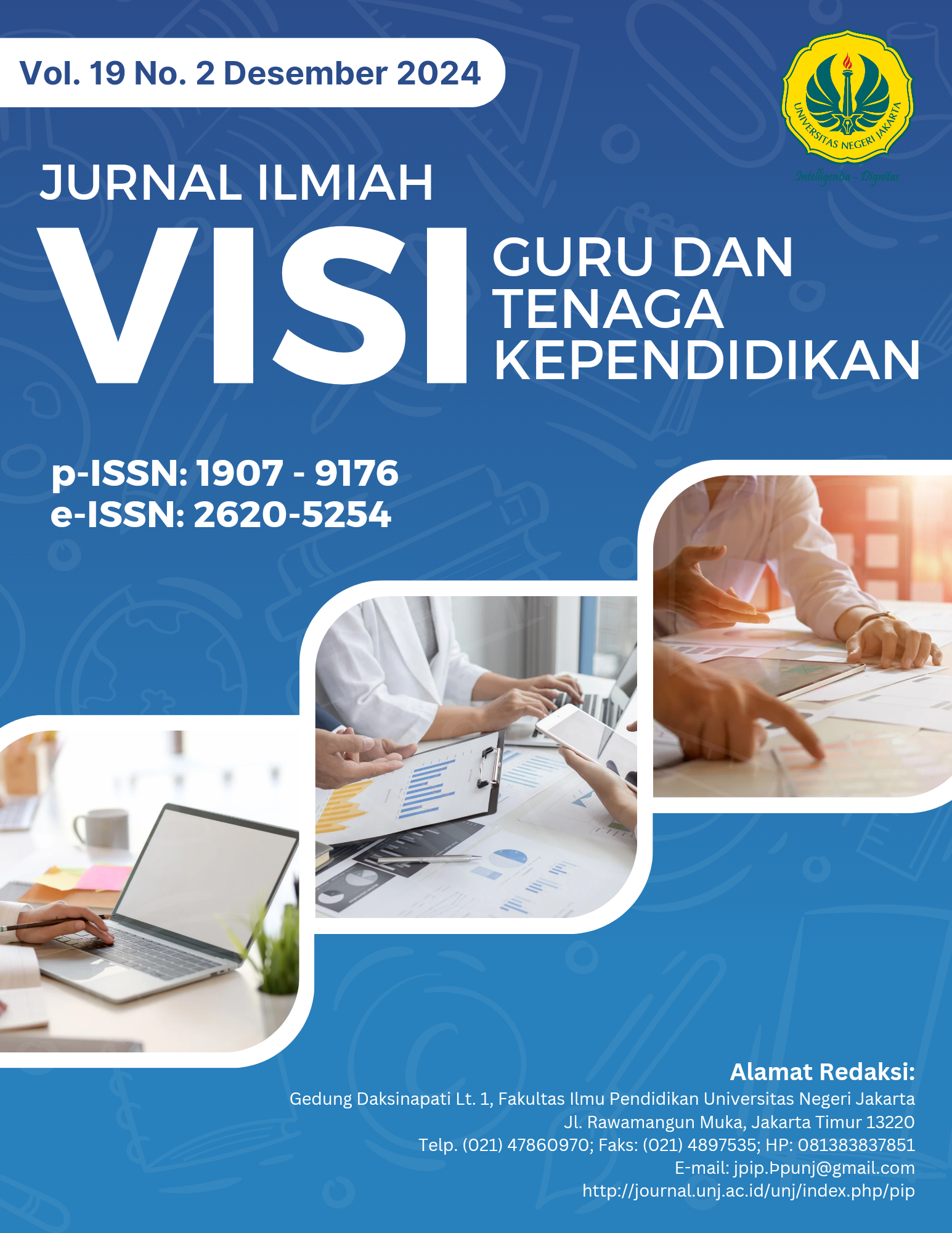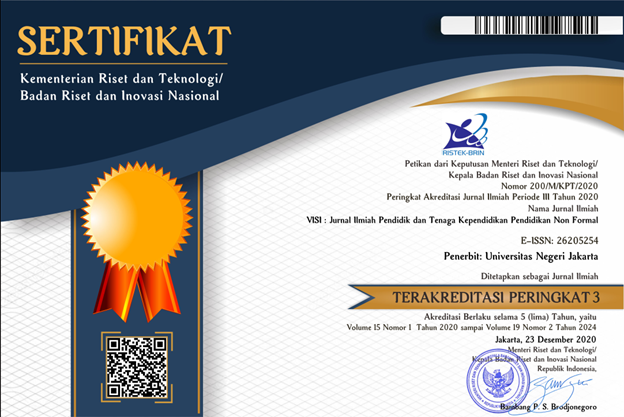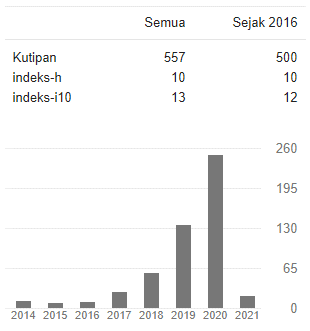Understanding Gender Issues Through Differentiated Learning Supported by Learner-Generated Digital Media (LGDM)
DOI:
https://doi.org/10.21009/JIV.1902.5Keywords:
LGDM, Gender Issues, Differentiated LearningAbstract
This study aims to explore the use of Learner-Generated Digital Media (LGDM) in enhancing understanding of gender issues within the Gender in Education course. Using a qualitative approach, data were collected through in-depth interviews with learners, direct observations during learning sessions, and analysis of digital documents produced by learners. The findings reveal that LGDM encourages learners to participate more actively and engage deeply in the learning process. The use of digital media created by the learners themselves significantly enhances their understanding of gender issues. Moreover, LGDM supports learners in developing better critical and reflective skills through the production and analysis of digital media related to gender issues. This study highlights that the application of LGDM in learning can enrich the educational experience and deepen learners' comprehension of gender issues. It recommends integrating this method into broader gender education curriculam
Downloads
Published
How to Cite
Issue
Section
License
Copyright (c) 2024 Ririn Gusti, Ari Putra

This work is licensed under a Creative Commons Attribution-NonCommercial-ShareAlike 4.0 International License.
Authors who publish with this Journal agree to the following terms:
- Author retain copyright and grant the journal right of first publication with the work simultaneously licensed under a creative commons attribution licensethat allow others to share the work within an acknowledgement of the work’s authorship and initial publication of this journal.
- Authors are able to enter into separate, additional contractual arrangementfor the non-exclusive distribution of the journal’s published version of the work (e.g. acknowledgement of its initial publication in this journal).
- Authors are permitted and encouraged to post their work online(e.g. in institutional repositories or on their websites) prior to and during the submission process, as it can lead to productive exchanges, as well as earlier and greater citation of published works.
- Users/public use of this website will be licensed to CC BY-NC-SA Creative Commons Attribution-NonCommercial-ShareAlike 4.0 International License









